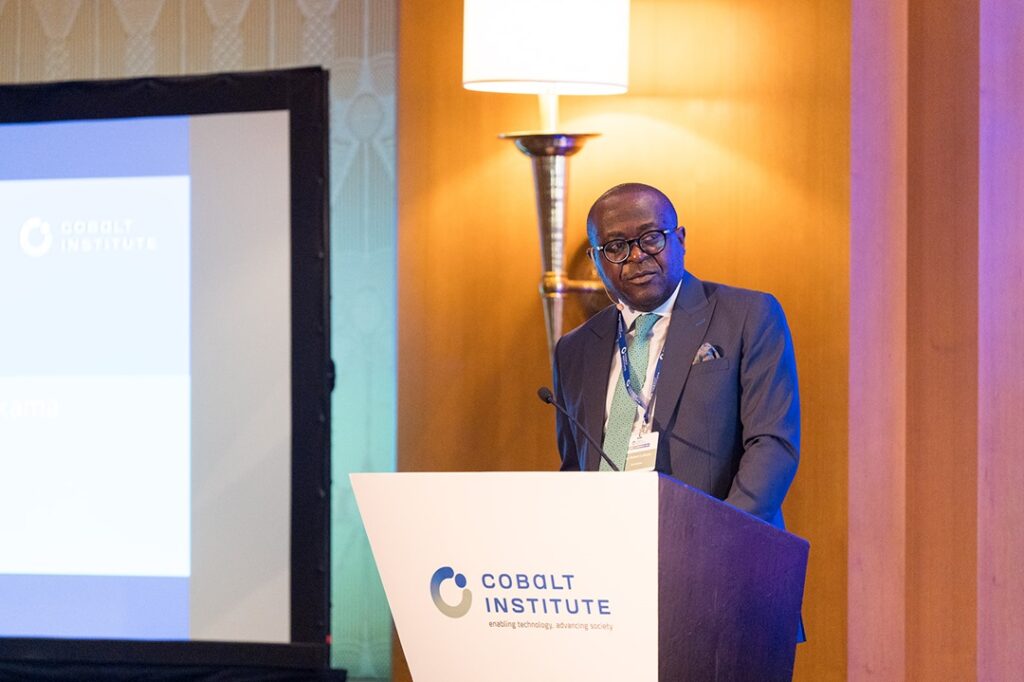
NEW YORK CITY — Gecamines Chair Guy Robert Lukama told the Cobalt Congress that its priority is to begin processing germanium and cobalt in country as part of a priority to boost economic development in the world’s richest nation by measure of resources, but one of the poorest in terms of the wellbeing of its populace.
“The gap between what Gecamines and the State ultimately receive in terms of wealth creation, creation of long-term jobs, diversification of its economy, and what was expected in return for these massive transfers of deposits, combined with bold reforms of the regulatory framework, remains glaring,” said Lukama.
The state-owned minerals company ships most of the 139,000 tons of cobalt from the Democratic Republic of the Congo. Cobalt is a critical mineral in the renewable energy supply chain, especially for batteries.
“It is therefore to get out of the current system, which is deeply unbalanced, that we have rethought our cobalt approach. The current system, which we are subjected to, even though the DRC remains for a short time in a situation of quasi-monopoly, is a system which is no longer based on the normal and healthy fundamentals of a metals market, we must together carry out healthy changes with the help of all players in the value chain.”
Although African nations are dominant suppliers of critical minerals and commodities such as cocoa, they have not seen wealth accumulation as oil producing nations.
Even for oil, the lack of added value manufacturing means African nations end up in debt by re-importing manufactured products from their own resources.
DRC President Félix-Antoine Tshisekedi Tshilombo, newly elected, has spoken “on the need to better control the marketing of cobalt in the DRC, because beyond the price, we are witnessing to an acceleration in the consumption of resources, unrelated to feasibility studies and the needs of global demand for the ecological transition. This harmful situation must be brought to an end. The DRC is not intended to be a free trade zone for global economic industry, but rather to become a space of equity with regard to its fair contribution made in this period of global energy transition.’
